“Immagino che in 50 anni, vivremo in un mondo dove sostanzialmente ogni studente si esibirà come pure i migliori studenti di oggi.” – Larry Hedges
Larry Hedges si dice “profondamente umiliato”, ricevendo il Premio Yidan per la Ricerca Educativa. He hopes this prestigious award will bring attention to “the importance of rigorous research as the path to improving education worldwide.” Hedges has dedicated his professional life to the cause of applying rigorous scientific methods to develop a “culture of evidence in education” for those who need it, siano essi insegnanti, politici o anche i genitori. Winning the Yidan Prize will certainly help. Fondato nel 2016 da Charles Chen Yidan (un nucleo fondatore di Tencent), the prize presents two awards each year — one for education research and one for education development. Il 2 recipients receive a total sum of HK$30 million.
I sistemi di istruzione devono affrontare molte sfide in un mondo che cambia. Come possiamo garantire che siano eque, efficiente e inclusiva? Come dovremmo sfruttare la ricerca formazione e mettere in pratica la teoria?
To answer these questions amongst others, Il Global Ricerca per l'Educazione welcomes Yidan Prize Laureate for Education Research 2018, Professor Larry V. Hedges, Presidente del Dipartimento di Statistica, Northwestern University.
“Nations have become aware that it is essential to bring the best scientific methods available to meet the challenges facing education, which are the challenges of making a more prosperous and just world.” – Larry Hedges
Larry, what do you think are the biggest challenges for education researchers in the rapidly changing world of the fourth industrial revolution? How are these challenges similar to or different from those faced by researchers in the past?
In passato, education was much like a craft endeavor where most knowledge was derived from tradition and direct experience of practice. Research in education had relatively little influence on education practice, and frankly, education research was often not particularly rigorous or scientific. The field was subject to faddish enthusiasm but little rigorous research to determine whether the latest fad actually worked. Some educators and researchers even questioned whether it was possible to discover durable facts—in other words, they doubted that research could be useful.
Oggi, education systems face more complex challenges and the need to make rapid progress. Having an educated workforce has become more important to economic progress than ever before. In altre parole, education has become instrumentally important to the nations of the world as it has never been before. Nations have become aware that it is essential to bring the best scientific methods available to meet the challenges facing education, which are the challenges of making a more prosperous and just world. I have experienced some of the dislocations as education has become increasingly important economically in my own country. Education researchers must embrace the rigorous scientific methods used in related fields including the social, behavioral, and biological sciences. This transformation will not be easy. Researchers will need to develop new skills, learn new research methods, and develop a more skeptical and scientific perspective about new innovations. Per esempio, scientific methods like randomized field trials are critically important to understand which interventions work in medicine. Essi sono necessari in materia di istruzione troppo esattamente per le stesse ragioni per cui sono necessari in medicina, ma stanno solo iniziando a essere ampiamente utilizzato nella ricerca educativa. I campi come la medicina hanno metodi ben sviluppato per assicurare che i progressi da praticanti portata di ricerca che ne hanno bisogno. Stiamo solo cominciando a sviluppare metodi di diffusione efficaci per la ricerca di istruzione. Forse ancora più importante, in medicine there is a culture of evidence that supports the idea that scientific evidence is essential to improve practice and that new knowledge will necessitate changes in practice throughout one’s career.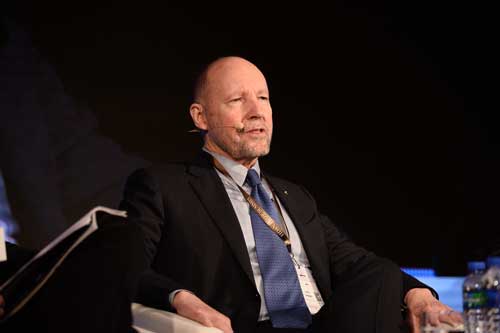
“Researchers have to do research that can make a difference in practice. They also have to play a greater role in training practitioners so that practitioners better understand research and how to use it.” – Larry Hedges
Bridging the gap between research and practice. Many believe this is essential to encourage timely innovation, creativity and teacher autonomy. Ciò che deve essere fatto al di ricerca, school and policy level to make this happen?
I agree that teachers and other education personnel must be respected as professionals with a reasonable degree of autonomy to practice their profession. However they must also find their place in the emerging ecosystem of education research, development, and practice. They must learn to function as professionals who believe that research can improve practice and that sometimes large scale research is the only way to know what works. But they will have a role in producing that research as large scale education research becomes more common in schools. They will have to constantly update their knowledge and use the new knowledge that scientific research in education produces in their practice. This is quite different from the functioning of the teaching profession today, where a great deal of practice is determined by initial training in universities and teacher training colleges, apprenticeship, and experience. The future I imagine for teachers is more like medicine today where doctors have wide autonomy, but their practice is informed by a constantly advancing medical science and doctors are conscious that some kinds of knowledge can only be obtained from large scale studies.
Researchers also have responsibilities. Researchers have to do research that can make a difference in practice. They also have to play a greater role in training practitioners so that practitioners better understand research and how to use it.
Children in school today will need the competencies to live and work in a global community. How are education researchers collaborating globally to ensure education research remains relevant, efficient and inclusive for future generations?
Education research is increasingly becoming a global scientific enterprise. Education researchers increasingly use similar methods, publish in the same journals, and share their work in international meetings. This is particularly apparent to me in the United States, where our professional research organizations, such as the American Educational Research Association and the Society for Research on Educational Effectiveness are increasingly reaching out to researchers in other parts of the world and enjoying their participation in our scientific meetings. It is also important to realize that a great deal of education research is conducted by scholars that are affiliated with other social sciences such as economics, the emerging field of prevention science, psychology, sociology, or statistics. These fields are even more international in their outlook than more conventional education research and they are helping to make educational research an international field.
“Education research is increasingly becoming a global scientific enterprise.” – Larry Hedges
Technology is evolving at a tremendous speed. If you had to look into the future, dire 30 o 50 anni da oggi, and make some predictions – how do you see the future educational system?
I will offer an analogy to help make this prediction. In 1900, we knew that people could lead healthy and productive lives until they were 70 anni, but only a small proportion of people did. Life expectancy in my country for a white male born in 1890 was about 38 anni. Now it is double that and people routinely live healthy and productive lives into their 70s. Of course the reason for this dramatic change is the vast expansion of scientific research in medicine in the 20th century. I believe that education will experience the same kind of dramatic change in the 21st century that health care experienced in the 20th century. We now know that almost any person can learn almost anything that the brightest student can, but they often do not. Immagino che in 50 anni, we will live in a world where essentially every student will perform as well as the very best students do today. Immaginate quanto più produttivo e inclusiva sarebbe un mondo!
C M Rubin e Larry Hedges
Unitevi a me e leader di pensiero di fama mondiale tra cui Sir Michael Barber (Regno Unito), Dr. Michael Block (Stati Uniti), Dr. Leon Botstein (Stati Uniti), Il professor Argilla Christensen (Stati Uniti), Dr. Linda di Darling-Hammond (Stati Uniti), Dr. MadhavChavan (India), Charles Fadel (Stati Uniti), Il professor Michael Fullan (Canada), Il professor Howard Gardner (Stati Uniti), Il professor Andy Hargreaves (Stati Uniti), Il professor Yvonne Hellman (Paesi Bassi), Il professor Kristin Helstad (Norvegia), Jean Hendrickson (Stati Uniti), Il professor Rose Hipkins (Nuova Zelanda), Il professor Cornelia Hoogland (Canada), Onorevole Jeff Johnson (Canada), Sig.ra. Chantal Kaufmann (Belgio), Dr. EijaKauppinen (Finlandia), Sottosegretario di Stato TapioKosunen (Finlandia), Il professor Dominique Lafontaine (Belgio), Il professor Hugh Lauder (Regno Unito), Signore Ken Macdonald (Regno Unito), Il professor Geoff Masters (Australia), Il professor Barry McGaw (Australia), Shiv Nadar (India), Il professor R. Natarajan (India), Dr. PAK NG (Singapore), Dr. Denise Papa (Stati Uniti), Sridhar Rajagopalan (India), Dr. Diane Ravitch (Stati Uniti), Richard Wilson Riley (Stati Uniti), Sir Ken Robinson (Regno Unito), Professor Pasi Sahlberg (Finlandia), Il professor Manabu Sato (Giappone), Andreas Schleicher (PISA, OCSE), Dr. Anthony Seldon (Regno Unito), Dr. David Shaffer (Stati Uniti), Dr. Kirsten Immersive Are (Norvegia), Cancelliere Stephen Spahn (Stati Uniti), Yves Theze (LyceeFrancais Stati Uniti), Il professor Charles Ungerleider (Canada), Il professor Tony Wagner (Stati Uniti), Sir David Watson (Regno Unito), Professor Dylan Wiliam (Regno Unito), Dr. Mark Wormald (Regno Unito), Il professor Theo Wubbels (Paesi Bassi), Il professor Michael Young (Regno Unito), e il professor Zhang Minxuan (Porcellana) mentre esplorano le grandi questioni educative immagine che tutte le nazioni devono affrontare oggi.
Il Global Ricerca per l'Educazione della Comunità Pagina
C. M. Rubin è l'autore di due ampiamente lettura serie on-line per il quale ha ricevuto una 2011 Premio Upton Sinclair, "Il Global Search per l'Educazione" e "Come leggeremo?"Lei è anche l'autore di tre libri bestseller, CompresoThe Real Alice in Wonderland, è l'editore di CMRubinWorld ed è un disgregatore Foundation Fellow.
Segui C. M. Rubin su Twitter: www.twitter.com/@cmrubinworld

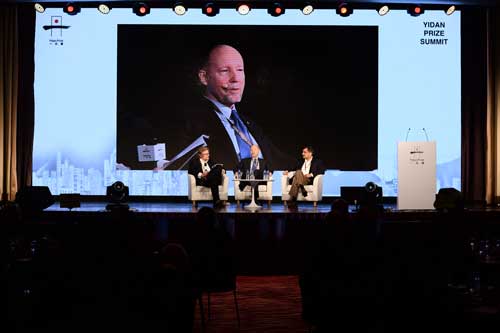
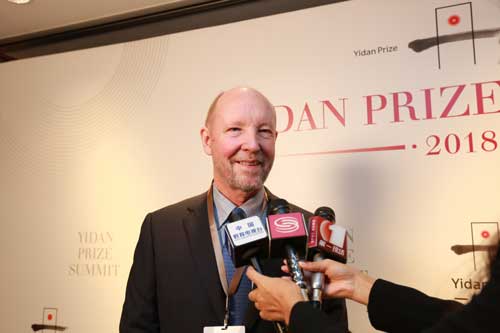
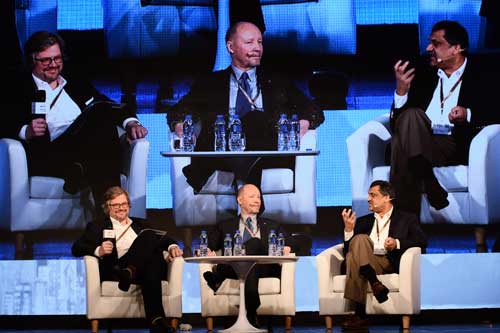
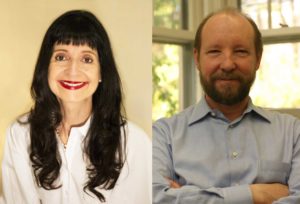
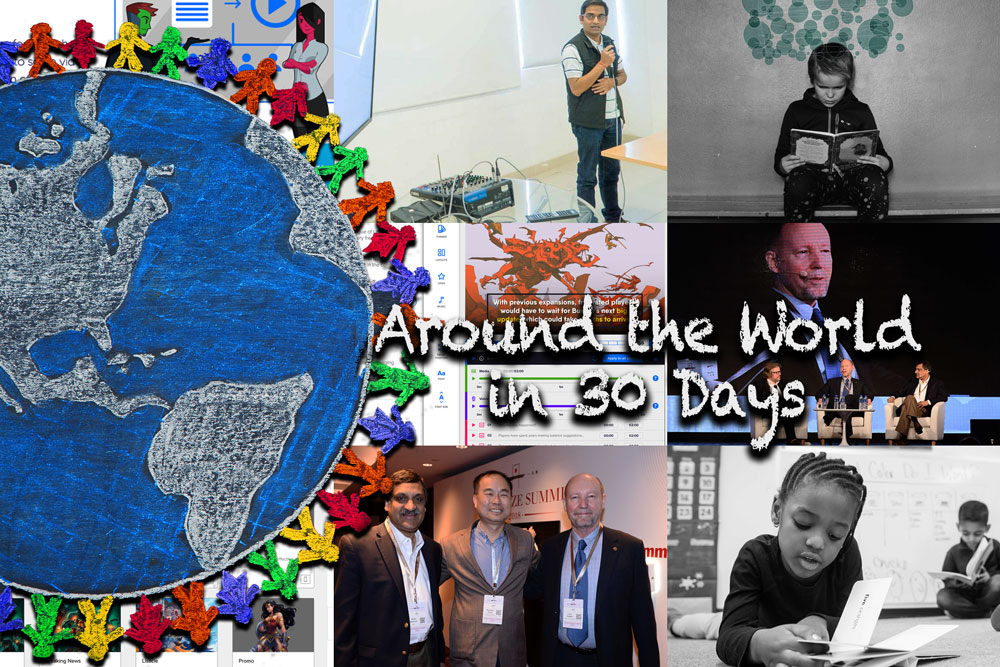
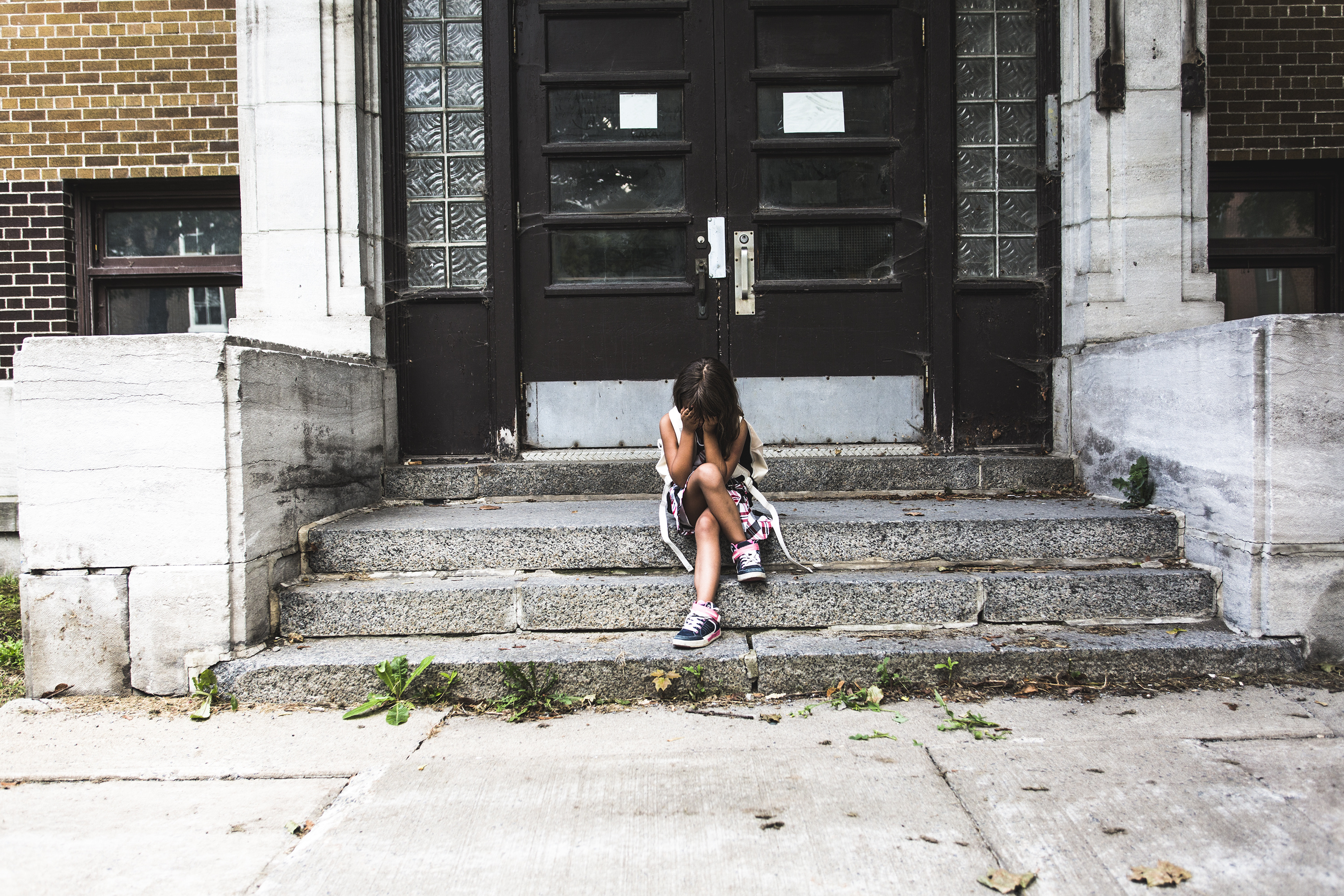
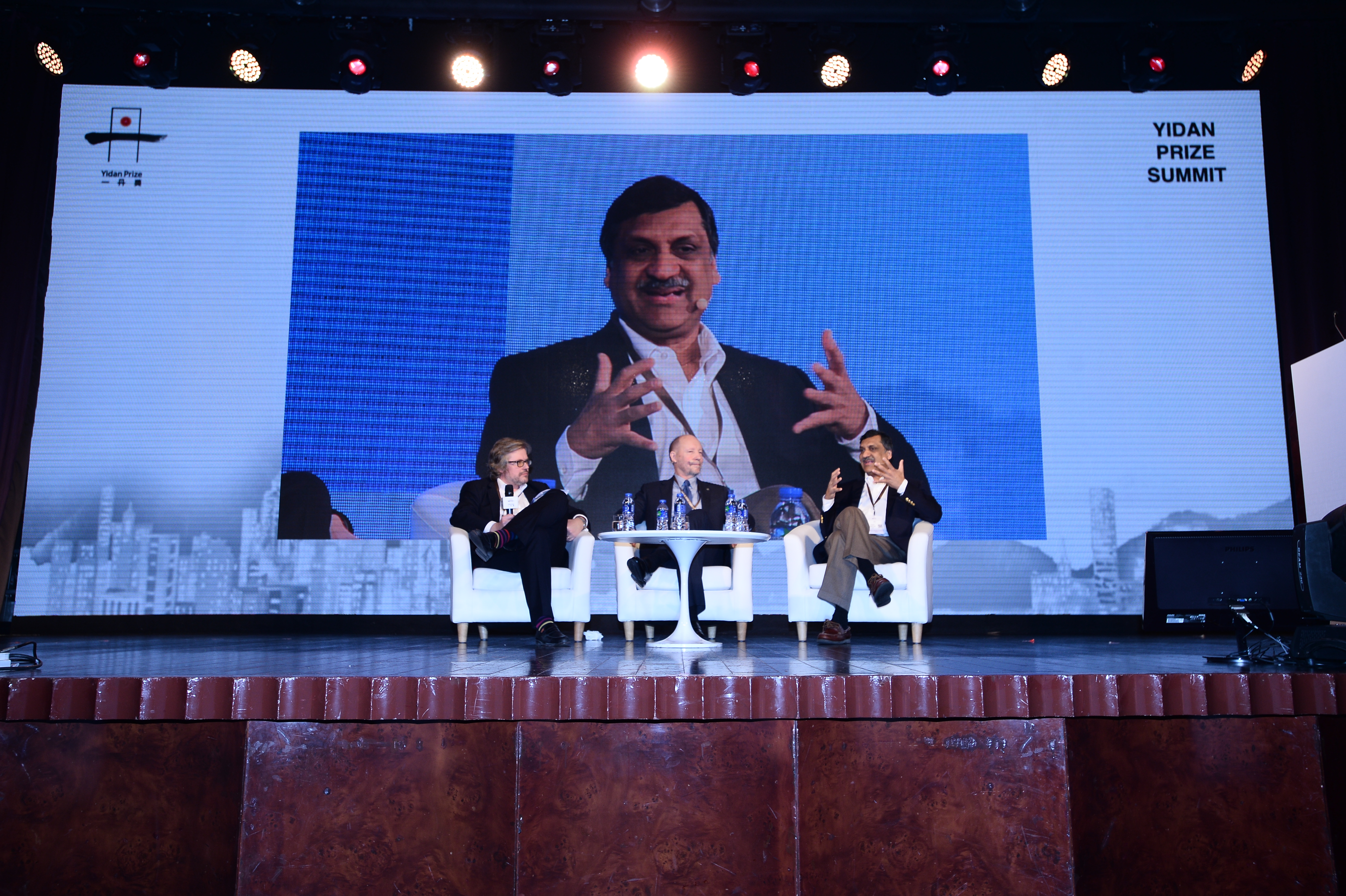
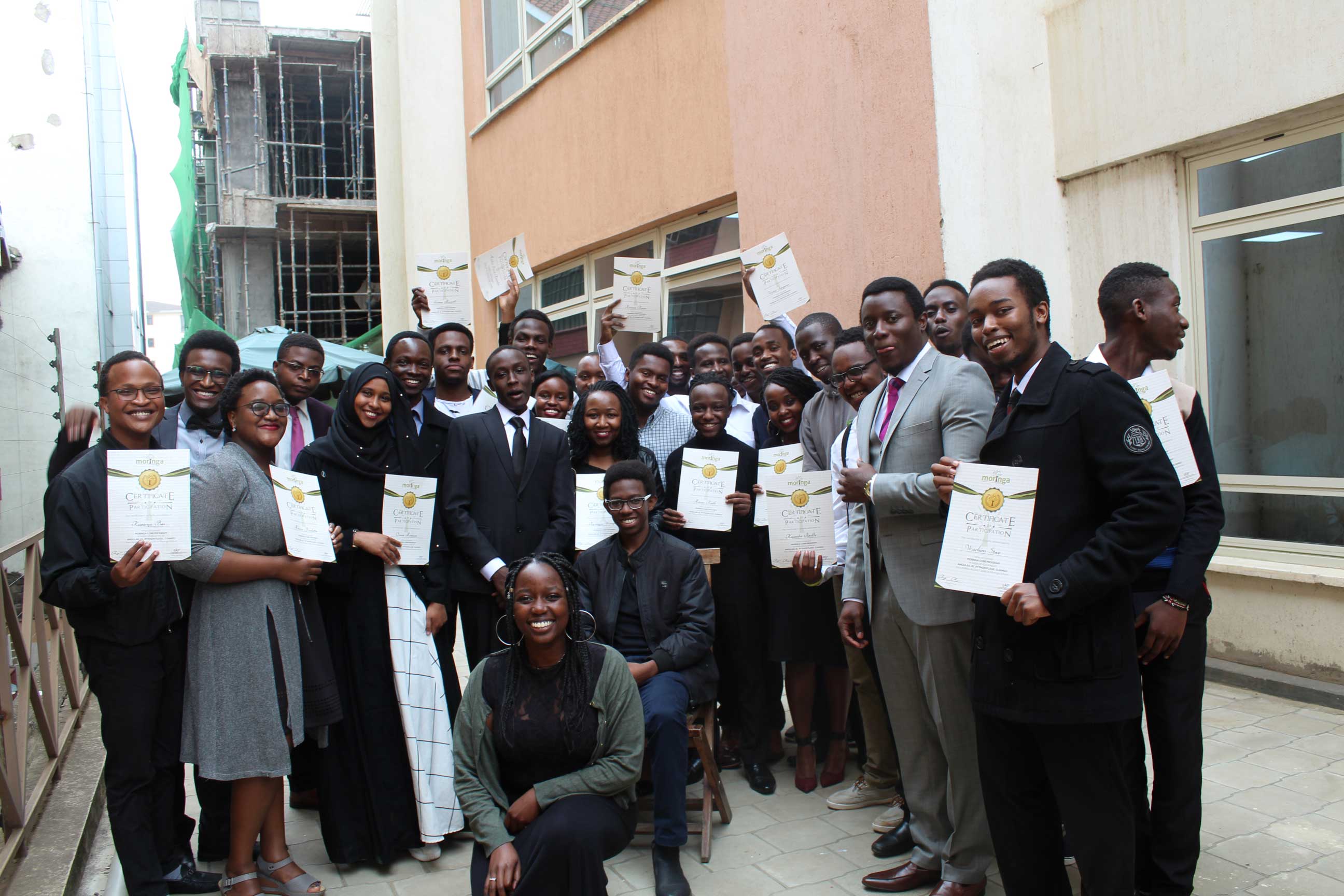
Commenti recenti